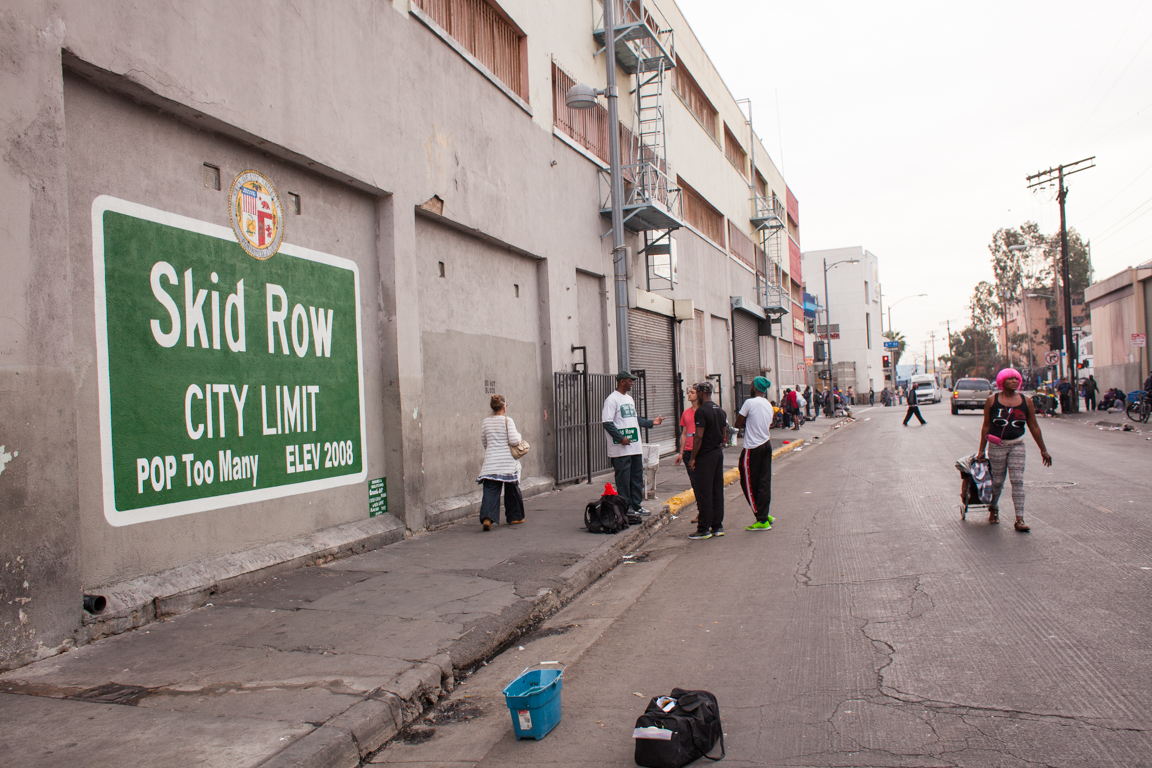By Manny Perea
Re “Pasadena Mystery: Journalism Prof Suddenly Put on Leave. Shhh.”
[Editor’s Note: In the sixth month of a campaign by fulltime faculty and students to oust Pasadena City College President Dr. Mark Rocha over his controversial governing methods, we present the first in a series of letters of protest that were read to the PCC Board of Trustees at last week’s meeting.]
Dear Trustees:
[img]1769|left|Dr. Mark Rocha||no_popup[/img]My name is Manny Perea, and for nearly 30 years I have been a member of the Pasadena City College community. In the mid-1980s, I was a student at PCC. Since 1991, I have been a voting member of several communities within the Pasadena Area Community College District, including Temple City, where I currently reside as a constituent of Trustee Martin.
I will explain my reason for supporting PCC faculty’s recent vote of no-confidence in President Rocha. I will make clear that I came to my position without bias or prejudice. In fact, when President Rocha arrived at the college, I was on his side. At that time, I was serving as the college’s Basic Skills Coordinator. In that position, I took part in many projects put forward or supported by Dr. Rocha:
- In November 2010, I participated in the first SASI Leadership Retreat.
- I assisted the First-Year Experience design team in planning the First-Year Pathway.
- I presented to the Board of Trustees on that group’s behalf in 2011.
- I was a member of the Pasadena Commitment Planning Committee, working with representatives from PCC, Cal State Los Angeles, and the Pasadena Unified School District to draft a proposal that would become the basis for a partnership between these institutions to improve the attendance and success of Pasadena Unified students at Cal State and PCC.
- Currently, I am working with a group to complete the first phase of that agreement, the Curriculum Alignment Project.
I mention these activities to show that, at one time, I would not have supported a vote of no-confidence in Dr. Rocha.
What changed?
For me, the big turning point was the Academic Senate meeting of Feb. 27, 2012. At that meeting Dr. Rocha and his Executive Committee occupied seats that should have been reserved for Academic Senators. They refused to give them up. He was accompanied by campus police. Using the excuse that the room had reached its capacity, the campus police prevented some senators from attending their own meeting.
Dr. Rocha’s actions showed me an utter lack of appreciation and respect, not only for the Academic Senate and the institution of shared governance, but for every member of PCC’s faculty. After that incident I began to look at the Administration with a more critical eye.
In instance after instance, I saw the same lack of appreciation and respect.
- When the Administration rolled back the Normal Closing Numbers that hardworking faculty successfully argued for in C&I, with the approval of Vice President Miller and then-C&I Chair Matt Jordan.
- When the Administration chose to ignore the recommendations of a shared governance committee on the proposed realignment of the college.
- When Dr. Rocha persuaded you Trustees to change the Academic Calendar midyear, dismissing the calendar that had been developed and approved through shared governance.
All of it, lack of appreciation and respect.
Personally, I find the Administration’s attitude towards faculty offensive.
Meanwhile, I am simply baffled by the manner in which it pushes untimely and poorly planned changes forward.
I can best describe the Administration’s approach as putting the cart before the horse, then circling back to clean up the messes the horse has made. As administrators concentrate on cleaning up those messes, it seems that nobody is left to guide the cart.
Thus it rolls forward aimlessly, without direction, into uncharted territory.
I wonder whether any Board member accurately can describe the current calendar configuration. Let me try: The Winter Intersession was removed, and Spring was moved up to begin in winter. Two sessions of Summer were planned.
But, realizing after the fact that cutting Winter posed several major problems, the first Summer session became Extended Spring. The second Summer session, which was sold as a relocated Winter, became the sole Summer session. Extended Spring became Late Spring.
I think.
But wait.
Let’s not forget that several short-term late-start online classes were shoved into the early-start long-term Spring. By the way, these courses were scheduled and enrolled before they had even been created.
Under the gun, hardworking faculty worked feverishly with Distance Ed. to create the course shells prior to the start of the late-term. Those course shells were provided to faculty about one week before the start of the term. I know, for I am one of those faculty. With a training session that best can be described as inadequate, I had one week to edit nearly 150 pages of an online course that had been designed for a 16-week semester and never taught before in an online environment.
Having used Canvas, PCC’s Learning Management System, prior to the start of the term, I am managing to stay a few steps ahead of my students.
But I know several faculty teaching short-term, late-start online classes who not only never had taught online before, but who had never even used Canvas before, not even to supplement their face-to-face classes. As a result, students in many of these late-start online classes, while doing their best, are simply confused. How is this cart-before-the-horse approach supposed to support student success?
I should think you can see why the faculty accuses Dr. Rocha of mismanagement. This mismanagement is the main reason for my vote of no-confidence. I hope you can see that many of the faculty who support such a vote are reasonable and open-minded, and don’t start from a position of Us vs. Them.
Unfortunately, this is where we now find ourselves. This Us vs. Them stalemate will continue until the Board takes strong action to put PCC back on track and moving forward with foresight and sound planning.
Without such action, how does the Board expect PCC to survive its upcoming Accreditation visit?
How long do you think it will take the Accreditation team to accurately gauge the lack of morale on campus?
The complete absence of collegiality in operations?
The heavy-handedness with which the Administration unilaterally decides and implements its “make-it-up-as-you-go-along” plan?
These are the questions I leave with you.
(To be continued)







